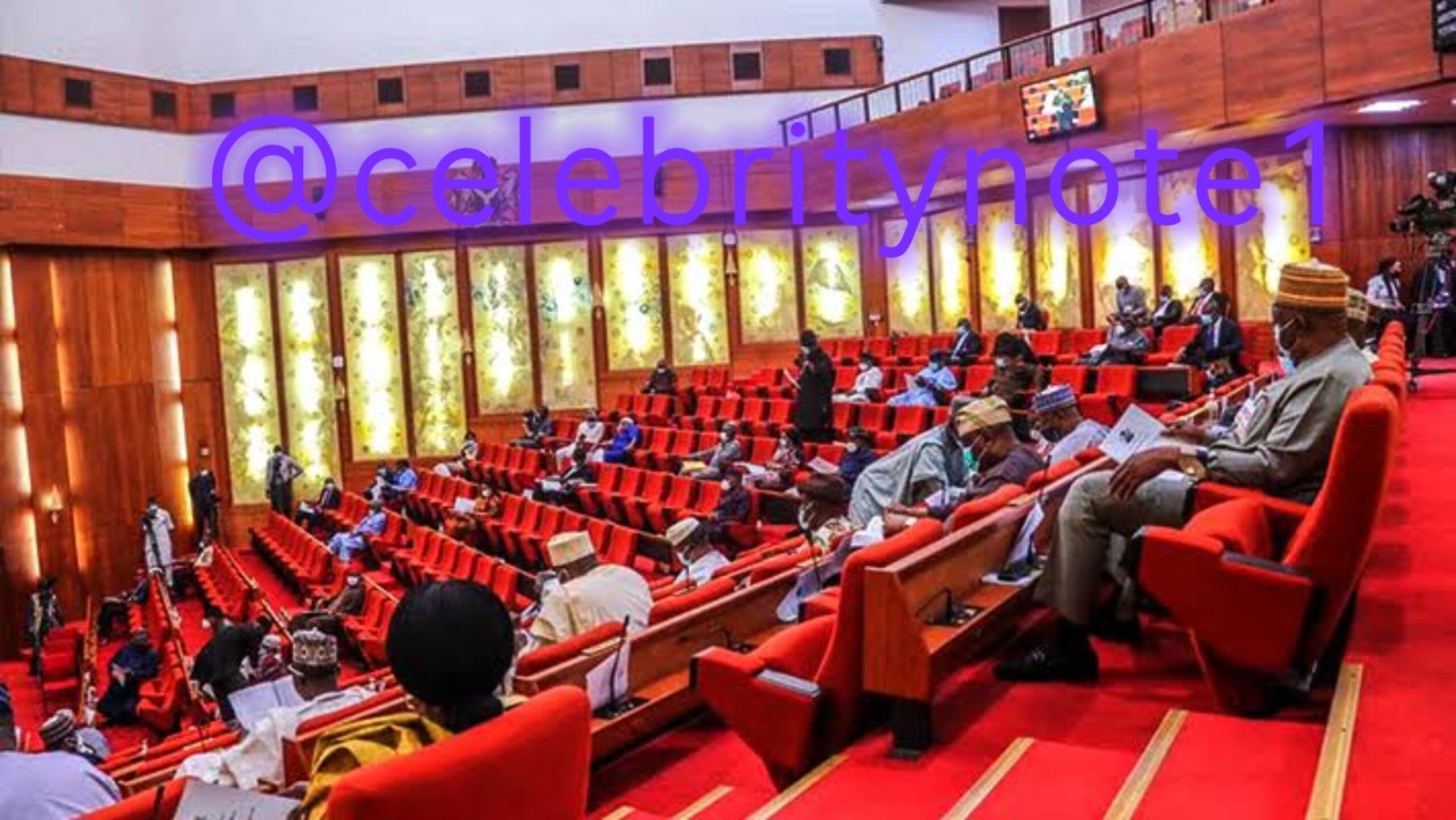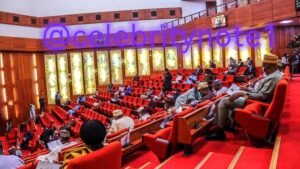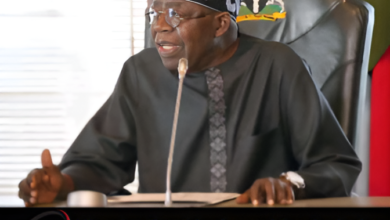Nigeria’s National Assembly Faces Criticism as National Debt Soars to N138 Trillion

The National Assembly has come under fire for President Bola Tinubu’s quick approval of loan requests. Experts cautioned that the nation may face severe problems if its debt continued to grow without examination.
Advertisements
Just 48 hours after President Tinubu made the request, the $2.2 billion (N1.767 trillion) loan request was quickly approved by the Senate and the House of Representatives.
The permission came after a report was presented during plenary by Aliyu Wamakko (APC, Sokoto North), the chairman of the Senate Committee on Local and Foreign Debts.
In a letter read in Tuesday’s Senate and House of Representatives plenaries, Tinubu clarified that the loan was essential to his administration’s fiscal plan for the upcoming year.
“The Presidential request for $2.2bn, equivalent to N1.77tn, is already enshrined in the external borrowing plan for the 2024 fiscal year,” Senate President, Godswill Akpabio, stated while reading the letter.
Nigeria’s total national debt, including both domestic and foreign debt, was N134 trillion as of June 2024.
The total debt increased to N138 trillion with new debts in July and November.
Auwal Rafsanjani, the Executive Director of the Civil Society Legislative Advocacy Centre, pointed out that the National Assembly had not fulfilled its supervision responsibilities.

Rafsanjani contended that it was regrettable that the parliamentarians had sided with the government instead of closely examining its operations.
“It’s quite unfortunate that the lawmakers give blanket approval to the president’s demands. They have become more than rubber stamps by ensuring they side with the president at all costs.
“Their job is to scrutinise and investigate the president’s policies, ensure that all details are submitted before they approve. They ought to also ensure that things are done rightly. They ought to be oversighting the executive and pursue the interests of Nigeria and Nigerians first,” Auwal stated.
Victor Opatola, a lawyer, also underlined the National Assembly’s constitutional duty to approve loans, emphasising that they must carefully consider the impact and necessity of such financial requests.
Opatola asserted that the National Assembly was specifically tasked with examining potential loans to make sure they served the nation’s interests.
He said, “The National Assembly has the constitutional mandate to approve such loans. They also have the constitutional authority to interrogate the need for these loans and determine whether taking on additional debt is necessary at this stage.”
He added that the authors of Nigeria’s constitution intended for it to be a strict oversight body rather than a rubber-stamp assembly.









